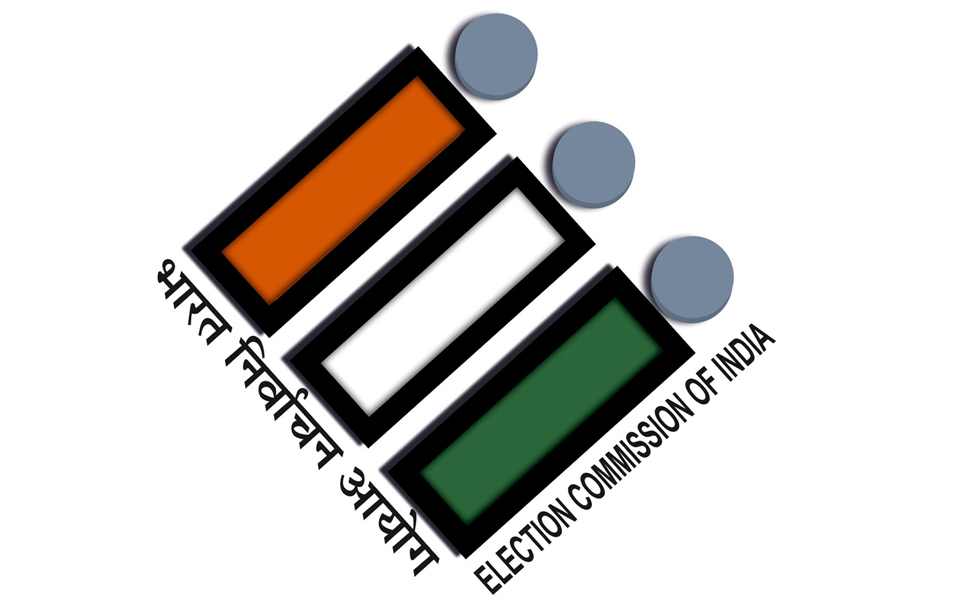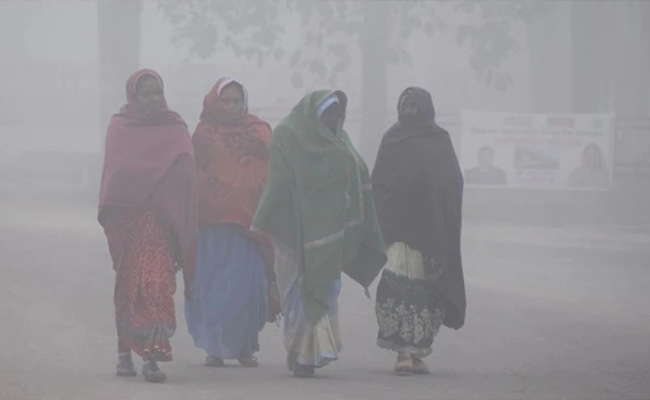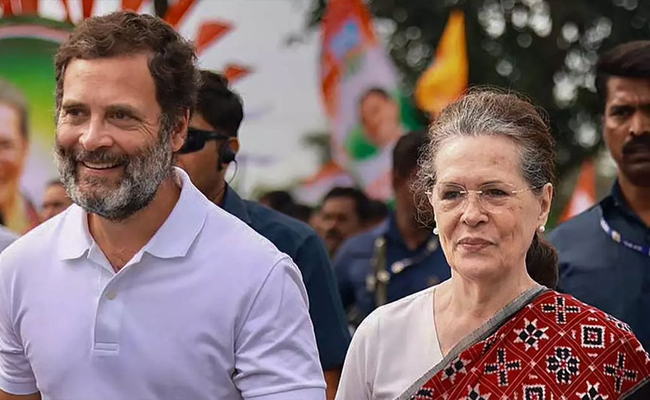New Delhi, Mar 17: "Bharosa Party", "Sabsi Badi Party", and "Rashtriya Saaf Niti Party" are some of the 2,300- odd political parties that India has on the eve of the 2019 general elections.
The Election Commission of India's latest data on political parties, registered till March 9, a day before the Lok Sabha elections were announced, reveal that the country is having a total of 2,293 political parties.
They include seven "recognised national" and 59 "recognised state" parties.
In fact, 149 political parties were registered with the poll panel between February and March on the eve of the announcement of the poll schedule.
Till February this year, the country had 2,143 political parties registered with the Commission, with 58 of them getting registered ahead of the assembly polls in Madhya Pradesh, Rajasthan, Telangana, Mizoram and Chhattisgarh during November-December last year.
Some of the recently registered 149 parties include Bahujan Azad Party from Sitamarhi in Bihar, Samoohik Ekta Party from Kanpur in Uttar Pradesh, Rashtriya Saaf Niti Party from Jaipur, Rajasthan, Sabsi Badi Party, Delhi, Bharosa Party from Telangana and New Generation People's Party from Coimbatore, Tamil Nadu.
These registered but unrecognised political parties do not have the privilege of contesting elections on a fixed symbol of their own.
They have to choose from a list of 'free symbols' issued by the poll panel. According to the latest EC circular, there are 84 such free symbols available currently.
To become a recognised political party either at the state or national level, a party has to secure certain minimum percentage of polled valid votes or certain number of seats in the state legislative assembly or the Lok Sabha during the last election.
Fearing misuse of the provisions for financial contributions to political parties, the Election Commission had in 2016 asked the Central Board of Direct Taxes to look into the finances of 255 registered but unrecognised political parties it had "unlisted" that year for not contesting polls in the last one decade between 2005 and 2015.
There have been fears that most of such parties are used to 'round trip' the black money into white.
The EC had found that some of the parties were "no longer in existence or functioning".
While the poll watchdog has the mandate to register a political party, the electoral laws denies it the power to deregister any party.
With its demand to get power to deregister a party being pending with the Law Ministry, the Commission had used its powers under Article 324 of the Constitution to "unlist" parties for being dormant and not contesting elections for a long time.
Let the Truth be known. If you read VB and like VB, please be a VB Supporter and Help us deliver the Truth to one and all.
New Delhi (PTI): A 23-year-old woman was found dead in her house in Delhi's Prem Nagar area, with police suspecting it to be a case of suicide, an official said on Tuesday.
The deceased, identified as Anjali Singh, was found motionless in her room on Monday by her sister and her neighbour.
Police said her father, Vinod Kumar Singh (51), told them that he and his wife were away at work at the time of the incident, while their son and the other daughter were also not at home at the time of the incident.
ALSO READ: Koppal: Worms found in midday meal at Ningapur Government School
According to the family, the room in which Anjali was found was locked from the inside. The door was later forcibly opened by a neighbour and her sister with the help of a crowbar.
Her body was found lying on the bed inside the room, police said.
Preliminary inquiry revealed that Anjali had allegedly hanged herself using a piece of cloth tied to the ceiling fan.
It is suspected that the noose eventually might have loosened or torn off, resulting in her being found lying on the bed.
Family members informed the police that Anjali was a final-year student of a librarian science course from Indira Gandhi National Open University (IGNOU). About a week ago, her final-year examination results were declared, and she had failed, following which she had been under depression, they said.
The family has not raised any allegation of foul play, police said, adding that no suicide note or external injury marks were found on the body during the initial inspection.
Inquest proceedings have been initiated in the matter as per the law. The body has been sent for post-mortem examination to ascertain the exact cause of death, and further investigation is underway, police added.





